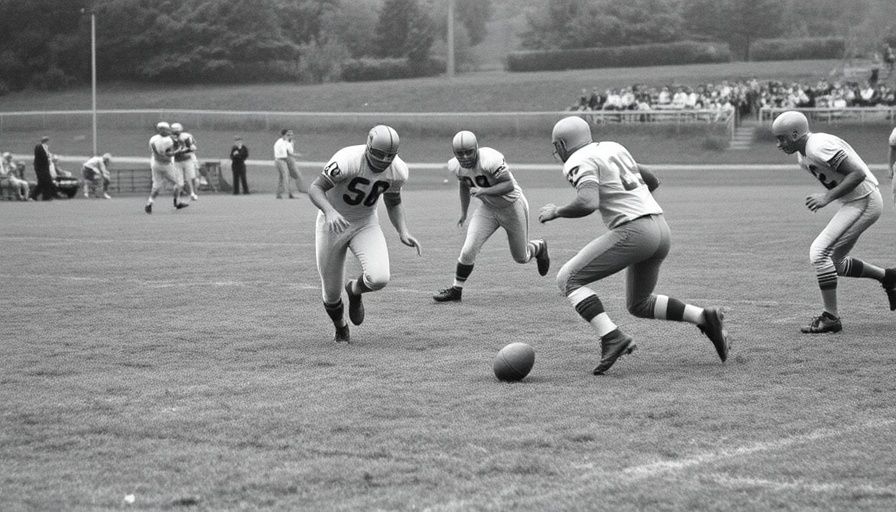
Can We Protect Athlete Privacy in the Age of Sports Betting?
The ongoing debate around injury reports in professional sports raises significant concerns regarding the balance between public interest and player privacy. With sports betting becoming increasingly mainstream, understanding the implications of injury disclosures is crucial for both players and fans. For instance, since 1947, leagues like the NFL have been mandated to report player injuries to ensure transparent betting practices. However, this system may inadvertently exploit private health information—something that should be reserved for individual knowledge only.
The Unspoken Consequences of Injury Reporting
Professional athletes often wish for enhanced privacy regarding their health. The requirement to disclose specific injuries places them in a vulnerable position. Rivals can use this information to their advantage—targeting known injuries during games. This not only jeopardizes their physical well-being but also their competitive integrity. Exercising bodily autonomy as a professional athlete should mean they control their health narrative, a right often stripped away by existing disclosure policies. Furthermore, terms like “personal reasons” trigger public speculation, resulting in uncomfortable media attention around sensitive issues, including mental health.
The Broader Impact on Well-Being
Understanding the impact of injury reporting extends beyond athletes. It also reflects on how society views health and privacy. The expectation for athletes to share their vulnerabilities in the name of entertainment raises ethical questions. As the landscape of sports evolves, especially with college athletics adopting similar practices, the call for improved privacy safeguards has never been more urgent. The necessity to protect athletes’ mental and emotional health should take precedence over gambling transparency.
What Can Be Done?
Ultimately, leagues must revisit their injury reporting policies and consider alternatives that hold gambling integrity without endangering athlete privacy. Striking a balance that respects both player autonomy and fan engagement could redefine how we approach health data in sports. Advocating for these changes not only empowers players but cultivates a healthier sports culture—one where well-being is prioritized over profit.
 Add Row
Add Row  Add
Add 




Write A Comment